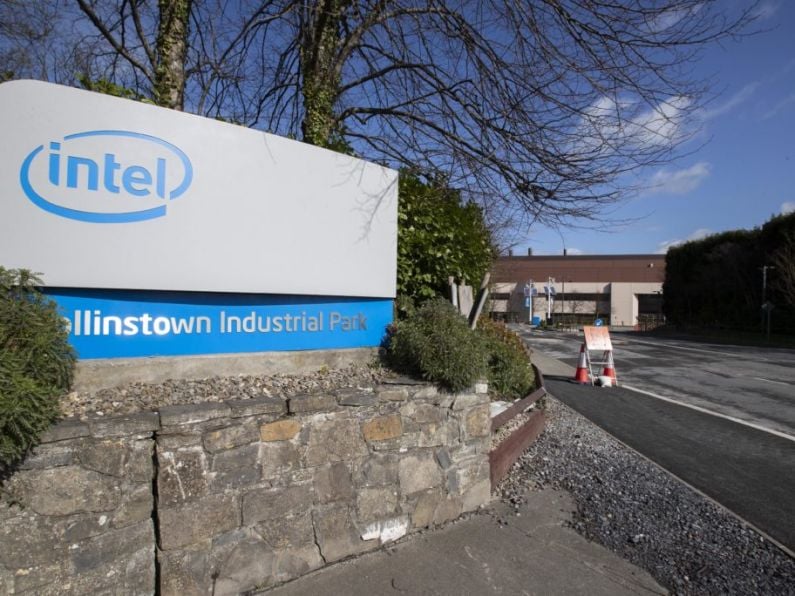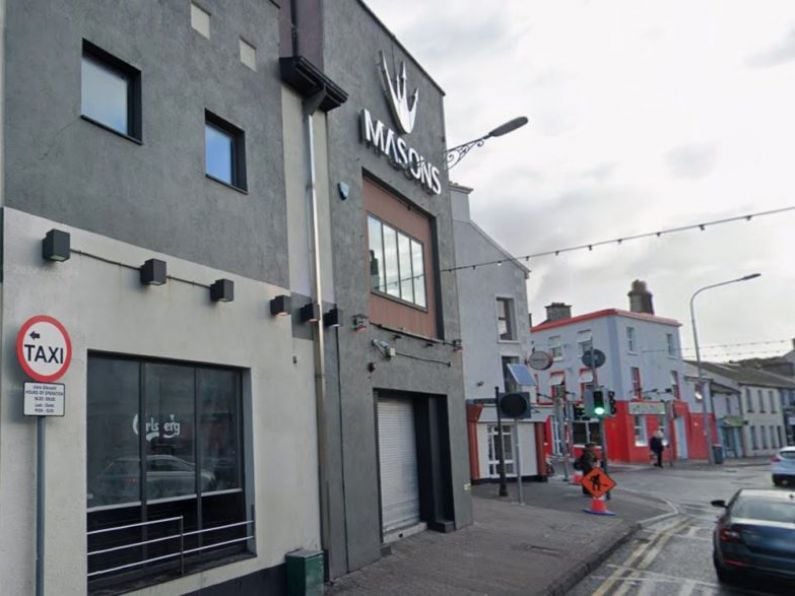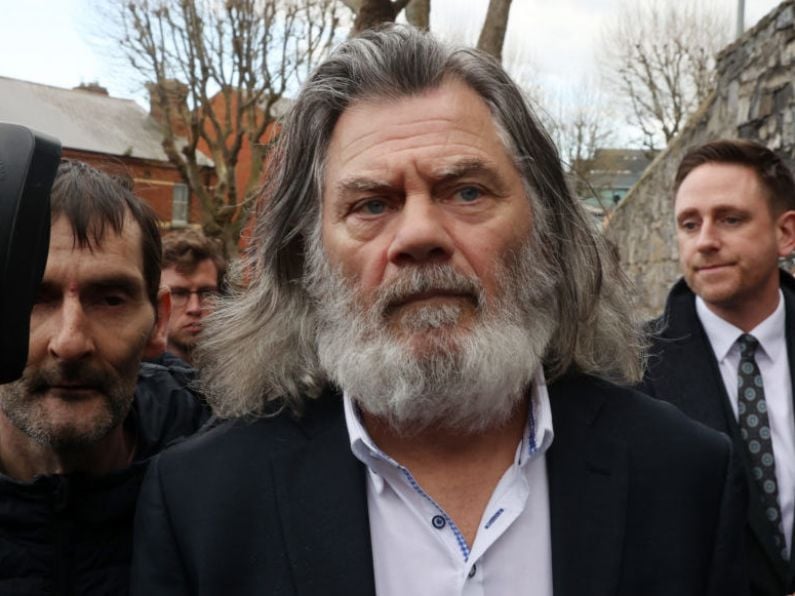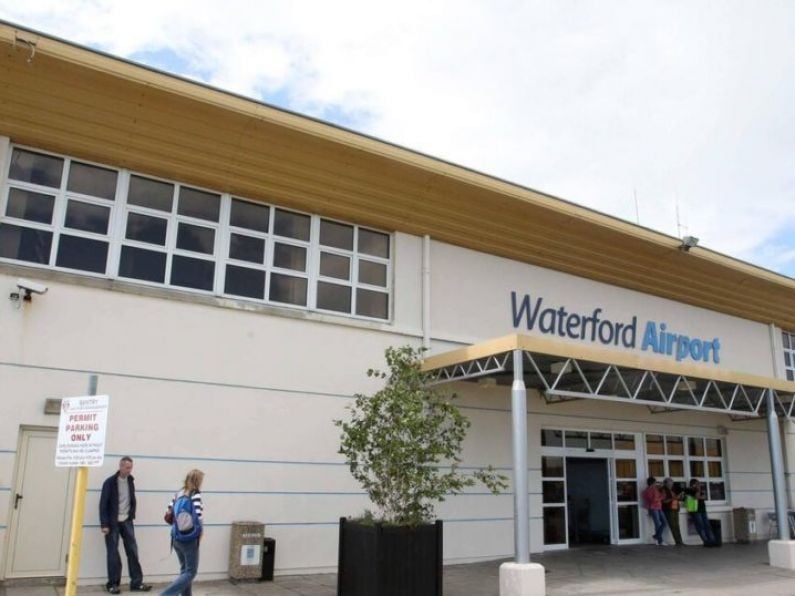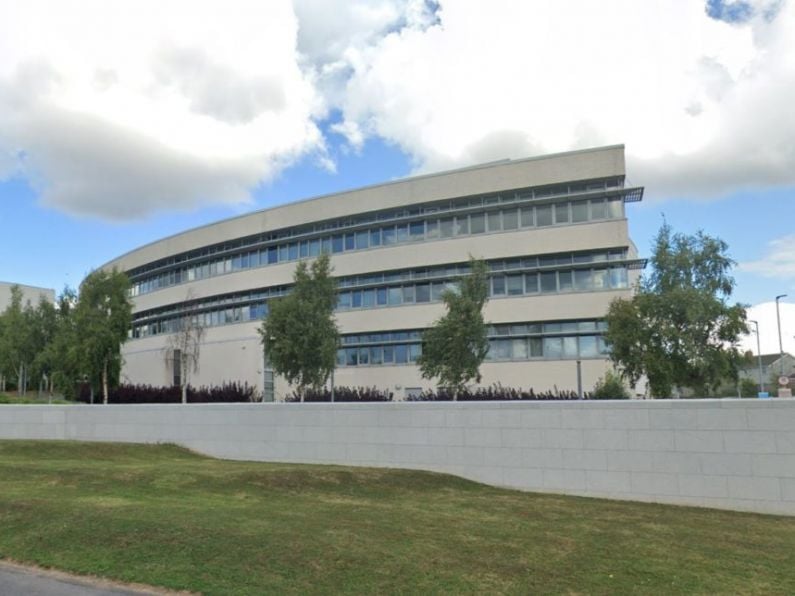The High Court has begun hearing a challenge by a local man aimed at overturning permission for a €3.76 billion expansion of Intel Ireland’s plant in Co Kildare.
Thomas Reid says the project will expand Intel’s 160-acre campus by 30 acres, take more than four years to construct and involve two years of rock quarrying to get structures to formation level.
At the operational stage, environmental emissions will increase, there was no proper consideration of what is effectively a large scale quarrying operation and no information before An Bord Pleanála on the entirety of the project, he claims.
In exchanges today with James Devlin SC, with Margaret Heavey BL, instructed by Brian Harrington, for Mr Reid, Mr Justice Richard Humphreys said he would consider making a visit to the site.
Mr Devlin, who had been making submissions concerning potential impact of the project on sites protected under the EU Habitats Directive indicated his side would welcome a visit.
Supreme Court decision
Mr Reid won a landmark Supreme Court decision in 2015 preventing the use of compulsory purchase orders for his 29-hectare Hensor House farm, which dates back to the mid-1700s.
His home is located some 500 metres to the west of the site of the proposed development.
Mr Reid’s judicial review challenge over An Bord Pleanala’s November 2019 permission for expansion of Intel’s plant, which opened this week before Mr Justice Humphreys, is proceeding on a more limited basis than he had wished.
That arises from Mr Justice Humphreys having partially granted a pre-trial application by Intel, supported by the board, to exclude certain evidence he wished to rely on.
The judge did so for reasons including Mr Reid had failed to raise certain matters with the Board when he was appealing Kildare County Council’s permission for the extension.
Inadmissible
He also found some material provided in affidavits filed for Mr Reid was inadmissible as it was new scientific evidence on the merits. He allowed in some, but not all, evidence from a research scientist, an expert on lichens and bryophytes (moss-like plants) filed on behalf of Mr Reid.
In his challenge, Mr Reid claims the board’s permission was granted contrary to the requirements of various EC Directives and related Irish legislation. The Directives at issue are the Habitats, Environmental Impact Assessments and Seveso (Control of Major Accident Hazards Involving Dangerous Substances) Directives.
He says the Intel manufacturing plant adjoins the Rye River Valley/Carton Special Area of Conservation which has conservation objectives including for bryophytes. He claims there is a risk to that site from emissions if not properly mitigated.
His case is against the Board, represented by Rory Mulcahy SC. Intel, represented by Brian Kennedy SC, is a notice party.
Dublin Bay
In opposing the action, the Board denies the claims, including claims it acted contrary to the Directives. It says it had considered there was no likelihood the development would have a significant effect on four Dublin Bay European sites.
It was also satisfied, having carried out an Appropriate Assessment, the development would not adversely affect the integrity of the Rye River Valley/ Carton SAC in view of that site’s conservation objectives. It denies it failed to carry out assessments based on the best scientific knowledge in the field.
The case is proceedings before Mr Justice Humphreys via a telescoped hearing, involving an application for leave for judicial review and the substantive case being heard together.
The judge, who heard lengthy submissions at the outset concerning the scope of the hearing, said he would not revisit his April decision on Intel’s application for exclusion of certain evidence.
The case continues on Thursday.



